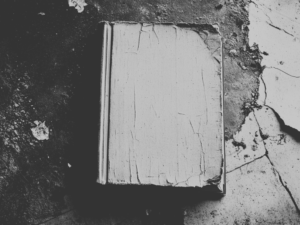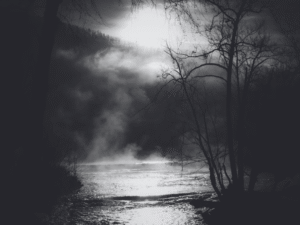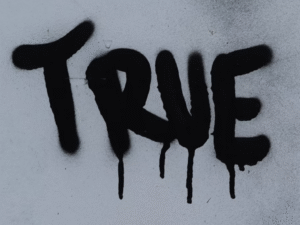
Book Review: The Bird Room by Dawn Gorman Turns Grief into Wingbeat Memory and Tender Resistance
Dawn Gorman’s The Bird Room, published by The Hedgehog Poetry Press, is a devastating modern poetry collection that builds its emotional gravity
Here’s a scoop for you, Sandy Tracks could easily have been a Broken Spine Arts chapbook. Discussions were held, and David – a member of the extended Broken Spine Family (BSF) – who has also co-written with the two founding editors, as well as Mary Earnshaw, another member of the BSF (the four of us collectively forming The Southport Poets) decided that he wanted complete creative control over this project that is him through and through. No ill-feeling was held from either party. We wanted David to succeed, and David wanted to live and die by his own rules. Sandy Tracks is proof that David was fully justified in going his own way. Take note editors, you do not always know best.
This is a remarkable completed product, which features not only the poetry that we have come to love and respect by this (it no longer feels right calling him an ‘emerging’) poet, but also the artwork of his younger brother Michael. There is some talent swimming about in that gene pool!
Sandy Tracks is perhaps best described as a microhistory of Southport, through a poetic lens. Indeed, the work is accompanied by historical notes which serve to offer context. It was borne from the extremely popular practice of researching one’s own familial history, the stories that Walshe would uncover interested him so, and they became something of an obsession. But, this isn’t just about the Walshes; there are legends uncovered here, some of which sit beyond the explainable.
By day, David is a builder, a craftsman. This attention to detail bleeds into his poetry. For example, Walshe takes on the challenge of rhyme, which I personally would never attempt. He succeeds in building these poems too; stress by stress and line by line!
Despite my being born and raised here, Walshe captures a town I have never known and still I learn something new each time I open this book. Yes, there are some of the tales we all heard as children, those oral stories that are passed down from generation to generation, but they are handled with care; with love; and above all, with respect.
During those preliminary conversations that were held between ourselves and David, we encouraged him to be more free; to be more poetic; to allow himself off the leash to really showcase his talent as a writer. Subsequently (partially one hopes in light of these conversations), Walshe has continued to develop as a poet. Although, we recognise that this project needed the kid-gloves that its author insisted he treat it with. In truth, I’m jealous of this writer’s single-mindedness. Poetry publishing, criticism, and review is a game of opinion after all. Our shared opinion at the time was that this needed to be a solo project for it to become what it did, and what it is, is a stellar debut, beautifully crafted; adroitly written.

Dawn Gorman’s The Bird Room, published by The Hedgehog Poetry Press, is a devastating modern poetry collection that builds its emotional gravity

Reanimating the sublime spirit of the mythic storyteller Guest Reviewer: Glenn Barker Moon Kissed Earth Wrought Vision Drunk, “for the ancient among

Transgression isn’t provocation. It’s not about being edgy. It’s about truth-telling when every instinct screams “don’t.” It’s the line that makes your
The Broken Spine is a poetry and arts collective proudly published on the coastal edge of North-West England. Founded in 2019 by Alan Parry and Paul Robert Mullen – two school friends reunited after twenty years through a mutual love of poetry.